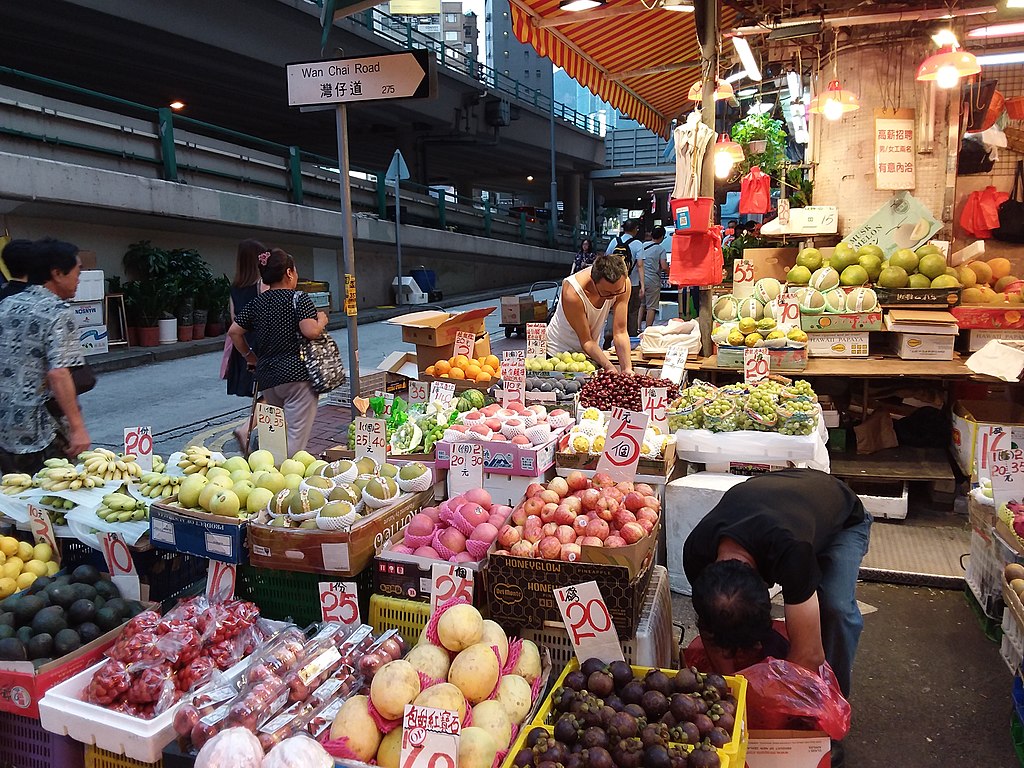China's consumer inflation surged to a five-month high in January, while producer prices remained in deflation, highlighting mixed consumer spending and weak industrial activity. The consumer price index (CPI) rose 0.5% year-on-year, exceeding December’s 0.1% gain and surpassing market expectations. Core inflation, which excludes food and fuel, accelerated to 0.6% from 0.4%.
The Lunar New Year, which fell in January this year versus February in 2024, influenced price hikes, particularly in travel and entertainment. Airfare prices jumped 8.9%, tourism inflation hit 7.0%, and movie ticket costs soared 11.0%. However, consumer spending remained subdued, with per capita holiday expenditure rising just 1.2% compared to 9.4% in 2024, signaling concerns over wages and job security.
Despite inflationary pressures, producer prices stayed in deflation, with the producer price index (PPI) falling 2.3% in January, marking 28 consecutive months of decline. Persistent overcapacity in industrial goods suggests factory-gate prices are unlikely to recover soon. Analysts warn deflationary trends may persist unless Beijing stimulates domestic demand.
Economic challenges have intensified amid declining manufacturing and weaker services activity. While China is expected to maintain its 2025 growth target of around 5%, fresh U.S. tariffs on Chinese goods could further pressure exports, one of the economy’s few strong sectors last year.
The Chinese government is unlikely to adjust monetary or fiscal policy before the annual parliament session in March, with external uncertainties currently ranking as a higher priority. Policymakers remain cautious as they navigate economic headwinds, aiming to stabilize growth amid ongoing global and domestic challenges.



 Asian Stocks Slip as Tech Rout Deepens, Japan Steadies Ahead of Election
Asian Stocks Slip as Tech Rout Deepens, Japan Steadies Ahead of Election  Vietnam’s Trade Surplus With US Jumps as Exports Surge and China Imports Hit Record
Vietnam’s Trade Surplus With US Jumps as Exports Surge and China Imports Hit Record  U.S.-India Trade Framework Signals Major Shift in Tariffs, Energy, and Supply Chains
U.S.-India Trade Framework Signals Major Shift in Tariffs, Energy, and Supply Chains  Silver Prices Plunge in Asian Trade as Dollar Strength Triggers Fresh Precious Metals Sell-Off
Silver Prices Plunge in Asian Trade as Dollar Strength Triggers Fresh Precious Metals Sell-Off  Australia’s December Trade Surplus Expands but Falls Short of Expectations
Australia’s December Trade Surplus Expands but Falls Short of Expectations  Gold Prices Slide Below $5,000 as Strong Dollar and Central Bank Outlook Weigh on Metals
Gold Prices Slide Below $5,000 as Strong Dollar and Central Bank Outlook Weigh on Metals  Japan Economy Poised for Q4 2025 Growth as Investment and Consumption Hold Firm
Japan Economy Poised for Q4 2025 Growth as Investment and Consumption Hold Firm  Fed Governor Lisa Cook Warns Inflation Risks Remain as Rates Stay Steady
Fed Governor Lisa Cook Warns Inflation Risks Remain as Rates Stay Steady  Trump Endorses Japan’s Sanae Takaichi Ahead of Crucial Election Amid Market and China Tensions
Trump Endorses Japan’s Sanae Takaichi Ahead of Crucial Election Amid Market and China Tensions  U.S. Stock Futures Edge Higher as Tech Rout Deepens on AI Concerns and Earnings
U.S. Stock Futures Edge Higher as Tech Rout Deepens on AI Concerns and Earnings  Singapore Budget 2026 Set for Fiscal Prudence as Growth Remains Resilient
Singapore Budget 2026 Set for Fiscal Prudence as Growth Remains Resilient  Oil Prices Slide on US-Iran Talks, Dollar Strength and Profit-Taking Pressure
Oil Prices Slide on US-Iran Talks, Dollar Strength and Profit-Taking Pressure  Dollar Near Two-Week High as Stock Rout, AI Concerns and Global Events Drive Market Volatility
Dollar Near Two-Week High as Stock Rout, AI Concerns and Global Events Drive Market Volatility  Bank of Japan Signals Readiness for Near-Term Rate Hike as Inflation Nears Target
Bank of Japan Signals Readiness for Near-Term Rate Hike as Inflation Nears Target  Japanese Pharmaceutical Stocks Slide as TrumpRx.gov Launch Sparks Market Concerns
Japanese Pharmaceutical Stocks Slide as TrumpRx.gov Launch Sparks Market Concerns  Trump Lifts 25% Tariff on Indian Goods in Strategic U.S.–India Trade and Energy Deal
Trump Lifts 25% Tariff on Indian Goods in Strategic U.S.–India Trade and Energy Deal  South Korea’s Weak Won Struggles as Retail Investors Pour Money Into U.S. Stocks
South Korea’s Weak Won Struggles as Retail Investors Pour Money Into U.S. Stocks 




























